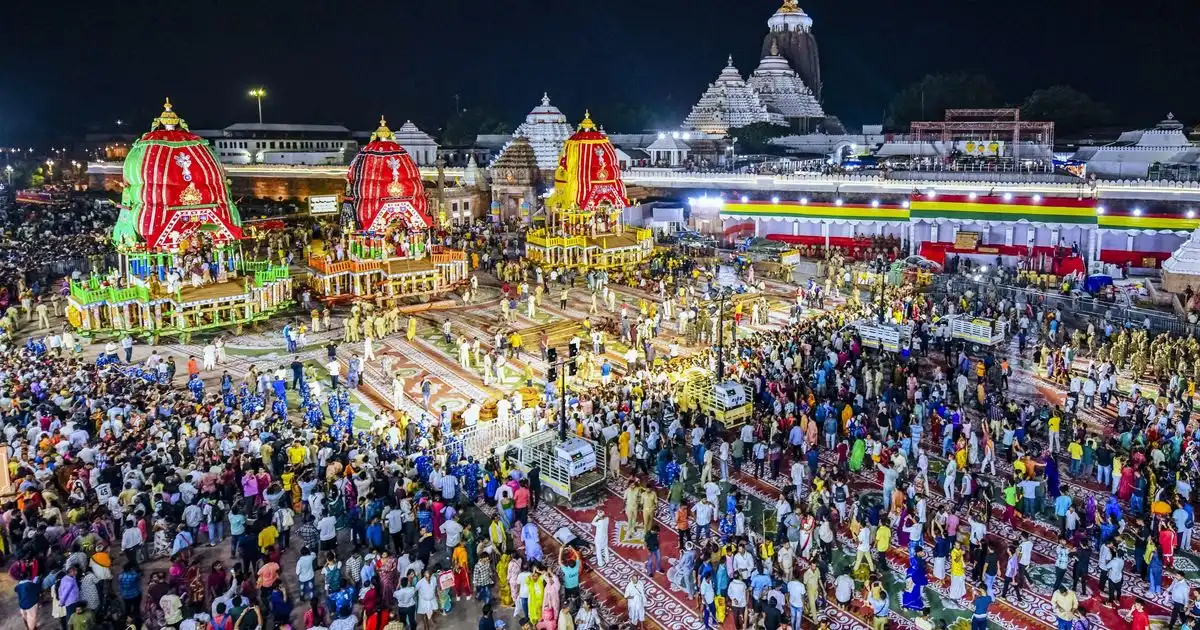May 8, 2025 — Hong Kong — In a significant development, Sotheby’s has decided to postpone the auction of sacred relics associated with the Buddha, following a legal threat from the Indian government. The auction, which was originally scheduled for May 7, 2025, was set to feature hundreds of gemstones believed to be linked to the remains of the Buddha, a discovery made nearly 130 years ago.
The collection, known as the Piprahwa Gems of the Historical Buddha, includes over 300 precious stones dating back to the Mauryan Empire and the Ashokan Era (circa 240–200 BCE). The relics were unearthed by British estate manager William Claxton Peppé in 1898, during an excavation at Piprahwa, near Lumbini, the birthplace of the Buddha, in present-day Uttar Pradesh, India.
The auction, which was set to take place in Sotheby’s Hong Kong branch, faced intense backlash from Buddhist scholars and leaders worldwide. The Indian government issued a formal letter to the auction house on May 5, claiming that the relics are an inseparable part of India’s religious and cultural heritage. The letter argued that the sale of these relics would violate both Indian and international laws, including United Nations conventions. The Indian Ministry of Culture demanded that the items be returned to India, stating that their sale would offend the global Buddhist community.
In response to the threat of legal action, Sotheby’s announced the postponement of the auction, stating that it would engage in discussions with the Indian government and the consignors of the relics. The auction house removed all related promotional materials from its platforms and emphasized that updates on the situation would be shared as needed.
The sacred gems, including rubies, sapphires, and topaz, were found in a sealed brick chamber and were considered among the most remarkable archaeological discoveries of the 19th century. These relics, some believed to be linked to the Buddha’s remains, have long been a subject of debate regarding their rightful ownership and cultural significance.
William Claxton Peppé’s discovery of the relics in the late 19th century was hailed as an extraordinary find. The jewels were later passed down to his descendants, and despite being housed in various museums, some have remained in private hands.
The legal battle over the auction of these relics reflects broader discussions about cultural property and the repatriation of artifacts. The Indian government’s intervention highlights the growing movement to return sacred and culturally significant items to their countries of origin, especially those with religious importance.
As tensions surrounding the auction of these relics continue to rise, the art world and the global Buddhist community are awaiting further developments. Experts believe the decision to postpone the sale will prompt more discussions about the preservation and ethical handling of such historically important artifacts.
For more updates on cultural news, visit BlogHear.com




